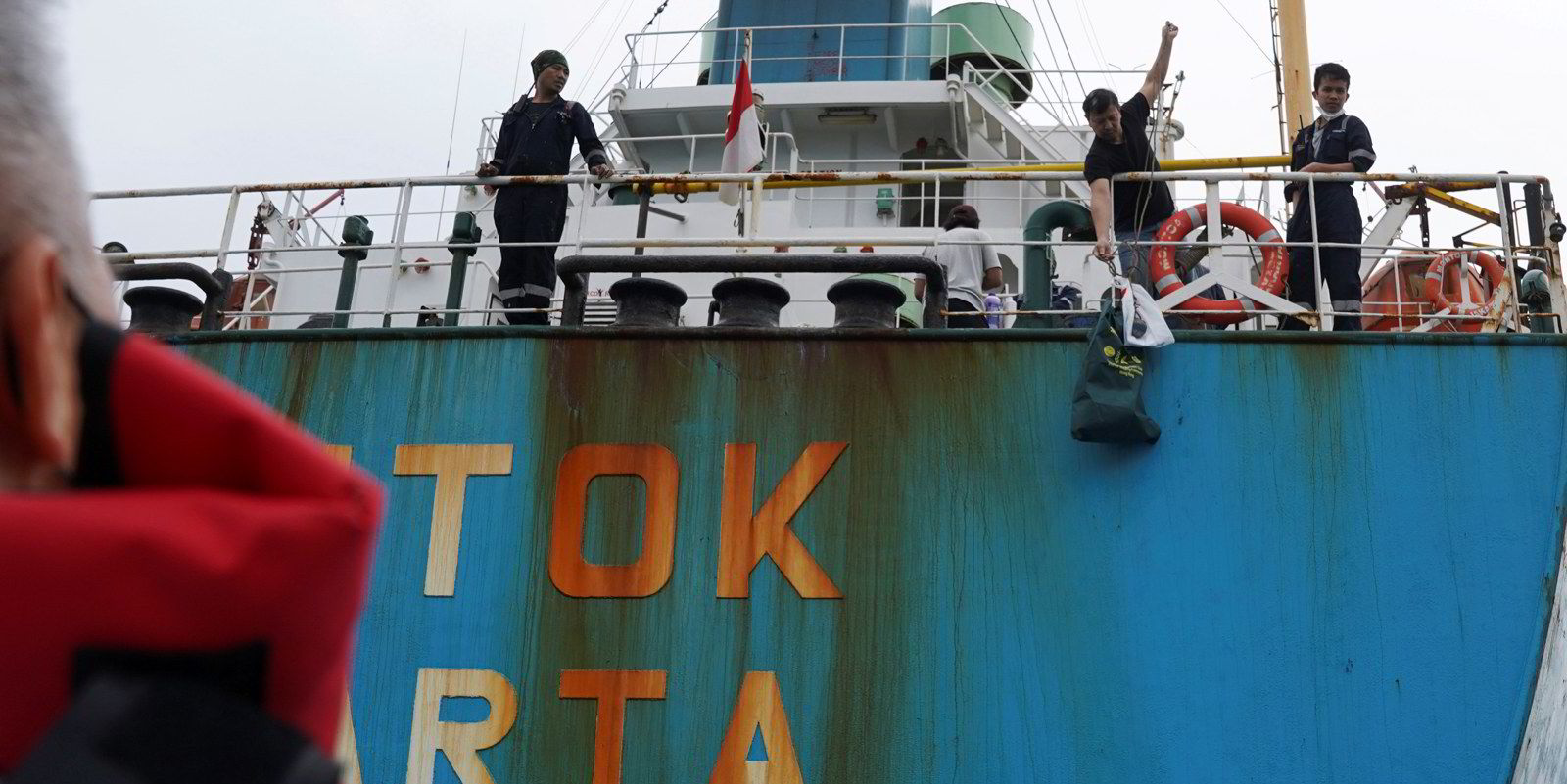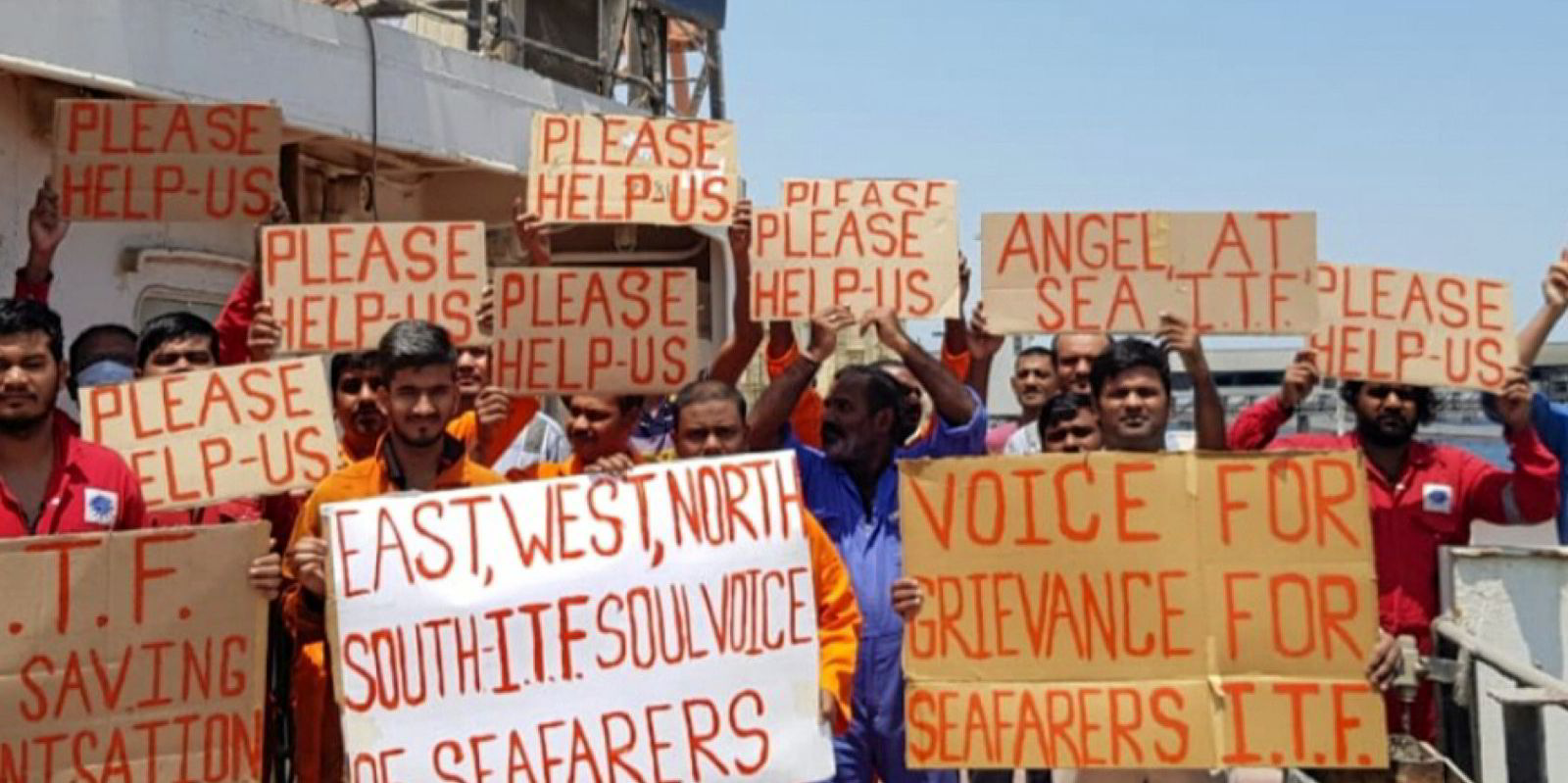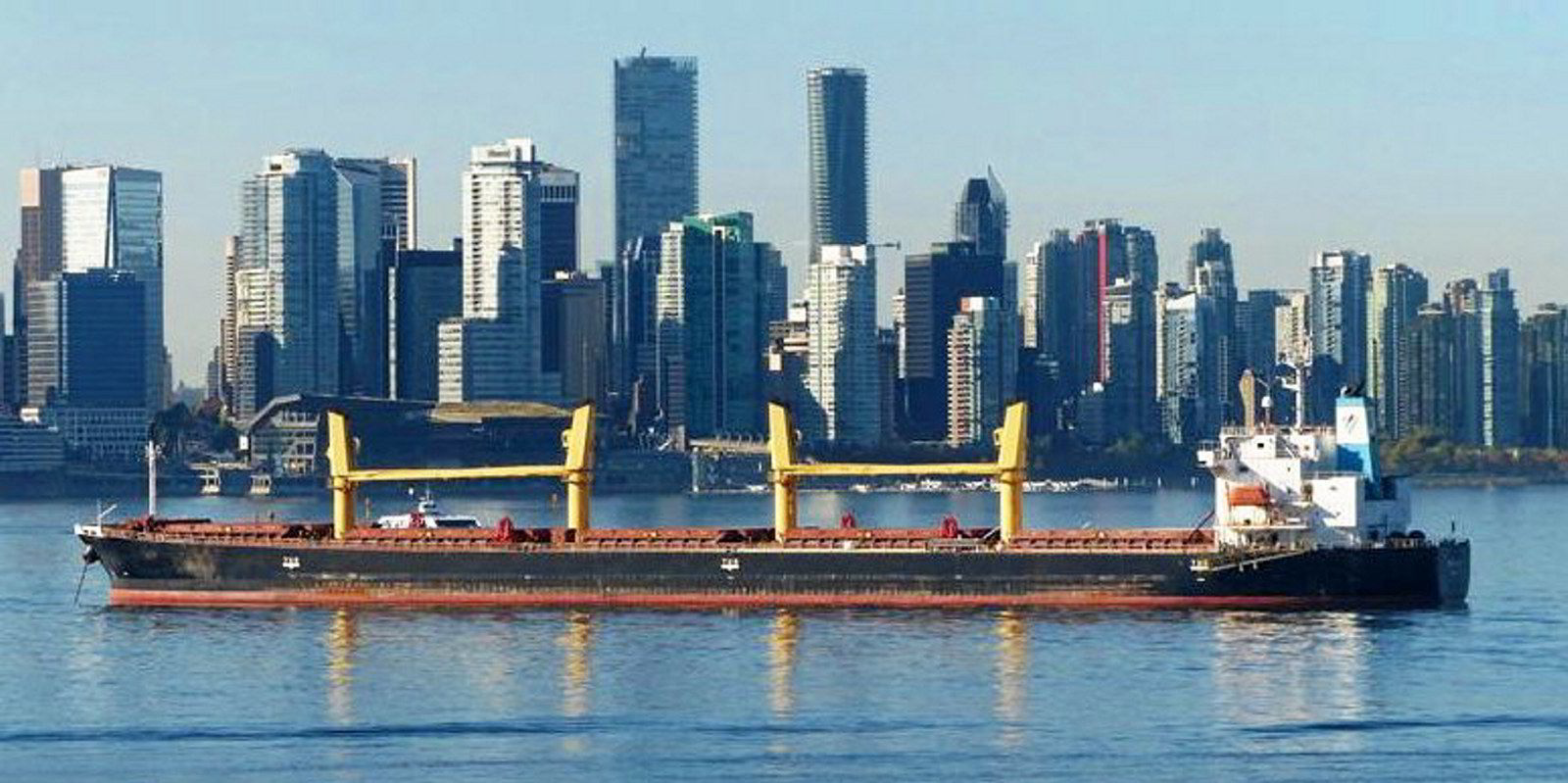I have been in the shipping industry for nearly 50 years. In that time, I have seen grave challenges come and go, to be overcome or endured. The resilience of seafarers and the wider industry has always been one of our greatest qualities. Yet nothing in the past five decades has come close to the scale of the challenge we see today.
Overly harsh, inappropriate, even unlawful restrictions on seafarers’ freedom of movement have had hugely negative consequences on their well-being. I thought that we had overcome the worst of these restrictions. Now I fear I may have been wrong, and the consequences could be severe.
At the peak of the crew change crisis in 2020, 400,000 seafarers were impacted. Thanks to hard work and continued lobbying, those numbers halved. However, they are rising again, as governments reimpose travel bans in response to new variants of Covid-19.
Seafarer frustrations
Seafarers are exhausted; some are considering not joining ships and others are even moving away from the industry altogether. Whether this trend will continue in the long-term remains unclear.
What is clear is that this situation cannot continue. That is why today, on the Day of the Seafarer, vessels will be sounding their horns around the world at 12 noon local time. Our members and wider maritime network will be using this shout out as a tool to hold governments to account on crew change and seafarer vaccinations.
Government ministers have been invited to attend events around the world to press the need for tangible action and we have heard that in Germany these efforts are bearing fruit; it is hoped the first seafarer vaccinations will be made on 25 June in the Port of Hamburg.
Shocking incident
I recently heard of a shocking incident of a crew unable to repatriate the body of their deceased crew mate, who had died from non-Covid-related illness.
Over a period of two weeks, they were turned away from four ports in four different countries that would not allow them to deliver the crew mate’s body to be returned home.
It is hard to imagine the mental toll that this had on the crew. But this is not an isolated incident, rather just one of many tragic consequences of seafarers not receiving the treatment they need and deserve.
All this flies in the face of tried and tested, Covid-safe, protocols which the maritime sector has produced for our industry.

They have been endorsed by the United Nations through the International Maritime Organization, yet many member states remain slow to act.
Seafarers are responsible for moving key goods around the world, including the vaccines and personal protective equipment essential to winning the ongoing battle against Covid.
While other pressures have grown on the industry (the price of freight has tripled in the last 12 months, for example), those key to its smooth running continue to shoulder an unfair burden. Many have missed births, weddings, and funerals to keep global trade moving.
There is even talk in the industry around strike action to bring the plight of seafarers into the public eye. Such action would unquestionably be a disaster for global trade, and for the people who rely on it for the movement of vital goods such as vaccines.
Vaccines remain the way out of this situation, and getting jabs in the arms of as many seafarers as quickly as possible should be the priority of all governments, not just a few leading lights. Initiatives like the Seafarers International Relief Fund (SIRF) have been created to support seafarer wellbeing.
Vaccination hubs
To date, SIRF has raised more than $800,000, and grants have been given to purchase oxygenators, care kits, food parcels and Covid vaccines.
But laudable as this is, governments should match this private action by prioritising seafarers in their own national vaccination programmes. The International Chamber of Shipping has even provided a blueprint for creating vaccine hubs in their own ports to help speed up this process.
Protecting the wellbeing of seafarers will always be a priority, but the events of this past year have thrown it into sharper relief.
Shipping has continued to keep global trade flowing throughout the pandemic, and this has only been possible due to the hard work and sacrifices that seafarers have made.
On Day of the Seafarer, governments would do well to remember this.
Esben Poulsson is chairman of International Chamber of Shipping
Do you have an opinion to share? Email: news@tradewindsnews.com






